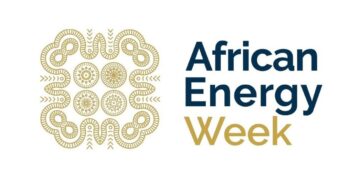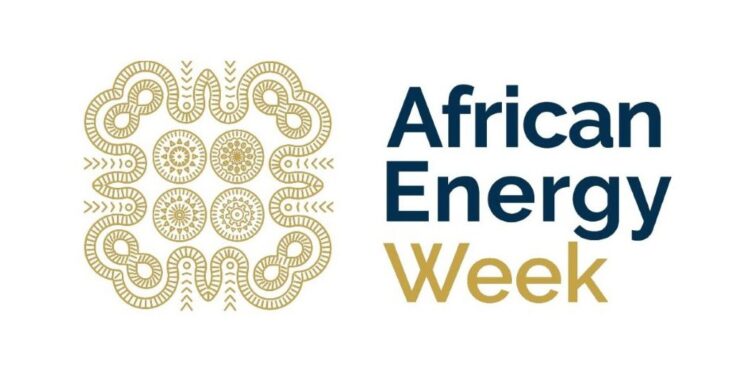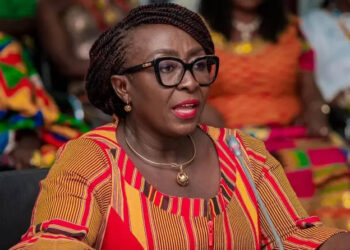By John Ikani
The downstream sector holds immense potential for boosting Africa’s ability to leverage its natural resources.
This is why experts gathered in Cape Town, South Africa for this year’s African Energy Week (AEW) conference with the theme “Invest in African Energies 2024,” to discuss the critical steps needed to create financial frameworks that enable Africa’s downstream projects to secure bankability.
The conference saw a panel, titled From Feasibility to Bankability – Developing a Sustainable Finance Strategy for African Downstream, examined ways to establish the right mechanisms to make these projects financially viable.
As demand for petroleum rises across the continent, developing the downstream sector has become essential for maximizing resource utilization and achieving energy security. Nigeria, for instance, has taken a substantial step with the recent launch of the Dangote Refinery, Africa’s largest, which began producing diesel and aviation fuel this year. With a 650,000-barrel-per-day capacity, this facility is set to meet Nigeria’s domestic needs and, upon reaching full capacity in mid-2025, aims to position Nigeria as a leading exporter in the region.
“With a growing population and economy, we have to have a clear path to making investments in the downstream. We must have the right regulatory frameworks in place, and we have to drive project realization. We also need an ESG [environmental, social and governance] overlay as well as human capital, who will actually make the investments. When you have these things in place, you can start to have discussions with financiers,” stated Anibor Kragha, Executive Secretary of the African Refiners and Distributors Association (ARDA).
ARDA has been a prominent advocate for synchronized financial strategies tailored to Africa’s downstream sector. Focused on sustainable, pan-African infrastructure projects, the association recently shared plans to launch a database dedicated to sustainable energy initiatives throughout Africa, an initiative aimed at advancing a unified approach to the downstream sector.
A significant portion of the discussion also addressed the pressing issue of limited financial access within Africa’s downstream sector. The consensus was that forming strategic partnerships is essential to generating substantial returns while fostering value for local communities and national economies.
“The critical challenge in investment is the lack of access to finance. That finance will power infrastructure development,” stated Founder and Managing Partner at advisory firm Premier Invest, René Awambeng, adding, “But we as a continent, we continue to suffer a lack of access to affordable finance. As a continent, the way the financial sector is shaped, we have constraints. We need to find solutions to this to bridge the $200-billion-per-year financing gap.”
Further underscoring the role of private investment, Vinay Guddye, Director of Financial Services and Africa Center of Excellence at the Economic Development Board of Mauritius, highlighted the need to channel more private funds into downstream projects to ensure growth.
The panel also emphasized the value of private sector participation in Africa’s downstream industry as a catalyst for progress. Calls were made for indigenous and global oil refiners, importers, terminal operators, marketers, and regulators to collaborate, with the goal of accelerating electrification, investment, and the introduction of digital technologies within the sector.
“[The entry of private players in the downstream market] has served to attract significant capital for the sector and showcases significant changes in the downstream funding space,” stated Lloyd Manokore, Managing Principal Consultant at Emerging Africa Advisory Group.



































